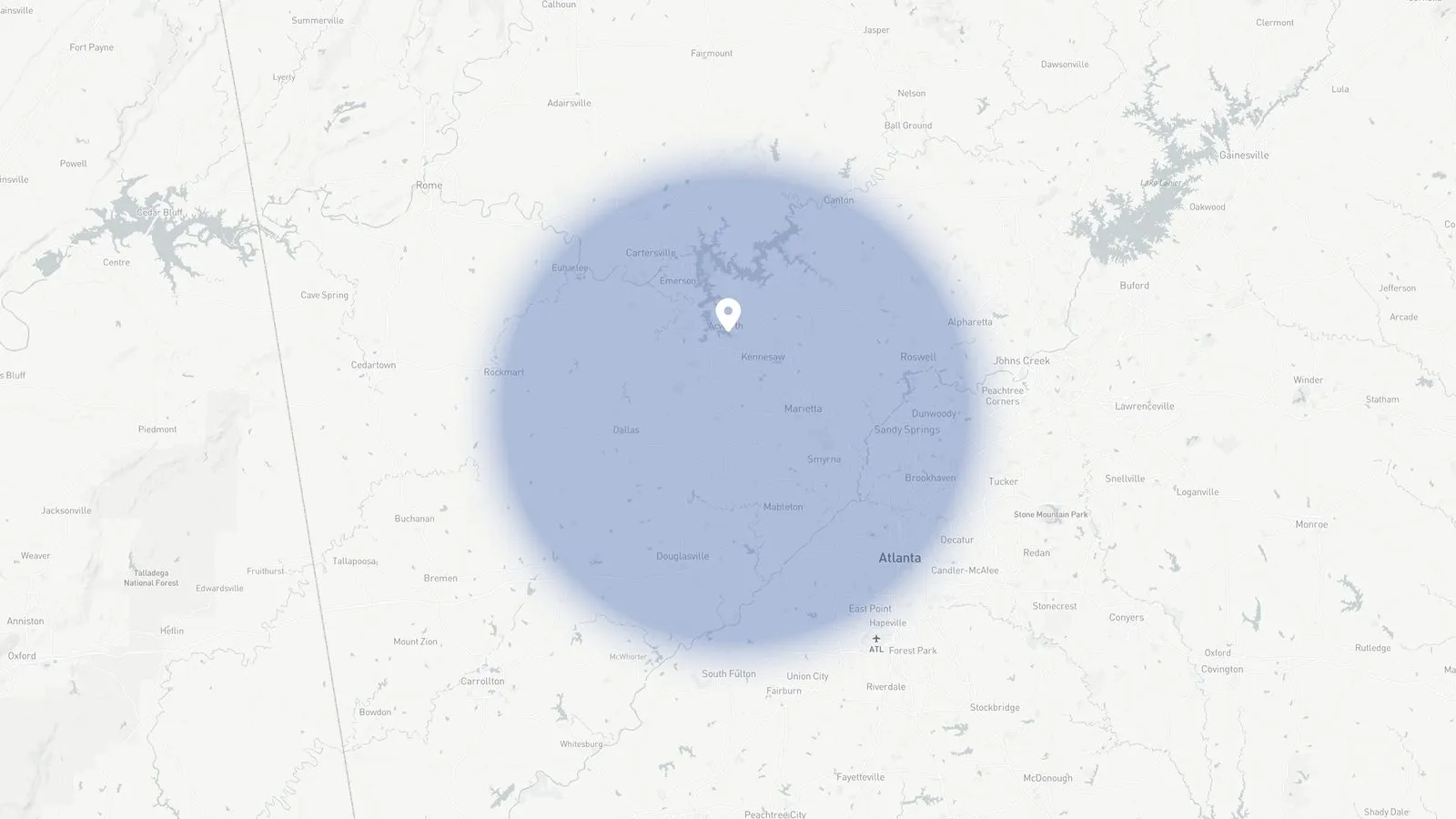
If you’ve ever read one of our blog posts related to indoor air quality, then you’ve seen us say that it can actually be worse than the quality of the air outside. This is especially true if you don’t have the right indoor air quality solutions in place. One of those solutions is the ERV or HRV system–that is, energy recovery and heat recovery.
What problem do these systems solve? Well, they are what allow you to bring fresh air into your home, no matter the time of year, without opening a single door or window and without turning off your HVAC system first to protect efficiency. In fact, they actually make your HVAC systems more efficient.
Curious? Read on to learn more!
How Do They Work?
Let’s say it’s in the middle of summer and you feel like the house is a little stuffy and stale. Unfortunately, opening a window or a door also brings in the heat, so much of the power being used for your air conditioning is wasted, and you have less comfort.
But an ERV or HRV system resolves this. These systems draw two currents of air into them–one is a current of fresh but hot air from the outside, and the other is a current of cool, but stale, air from the inside. These two currents pass through the ERV or HRV system so that the heat can leave the fresh air and the fresh air can be cooled. So now you’re getting pre-cooled, fresh air brought into your home.
Pretty cool, right?
What Is the Difference?
This is an understandable question! How do you know if an HRV or ERV system is right for you? In the ERV system, the two air currents can exchange moisture. In an HRV system, however, the air currents never touch, so humidity levels are not impacted. In other words, an ERV offers some humidity control.
HRV systems–heat recovery ventilators–tend to be more effective in colder climates while ERV systems are powerful for humid summer days. An ERV system is probably the right choice for your specific home, but be sure to talk to one of our professionals to find out for sure.
How Long Does Each System Last?
Just like any other piece of machinery, no indoor air quality product is going to last forever. You can expect, however, for a well-maintained system to last about as long as your air conditioner–so 10-15 years.
Remember, the best way to ensure longevity is by staying on top of your annual HVAC maintenance sessions, or biannual if you have a heat pump system! Maintenance helps you reduce repair needs, improve your comfort, and increase system lifespan, whether we’re talking about your air conditioner as a whole or the components within it, including the indoor air quality products.
Please don’t hesitate to reach out to our team with any questions you may have about these systems or any of the other indoor air quality solutions we provide!
To learn more about heat and energy recovery in Acworth, GA, contact Dayco Systems today!

